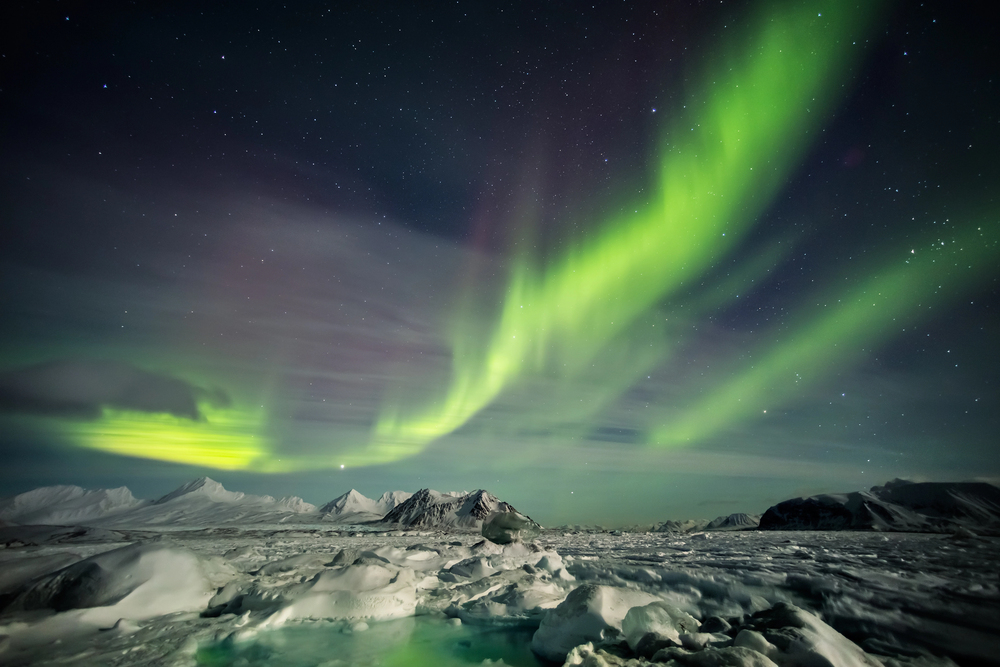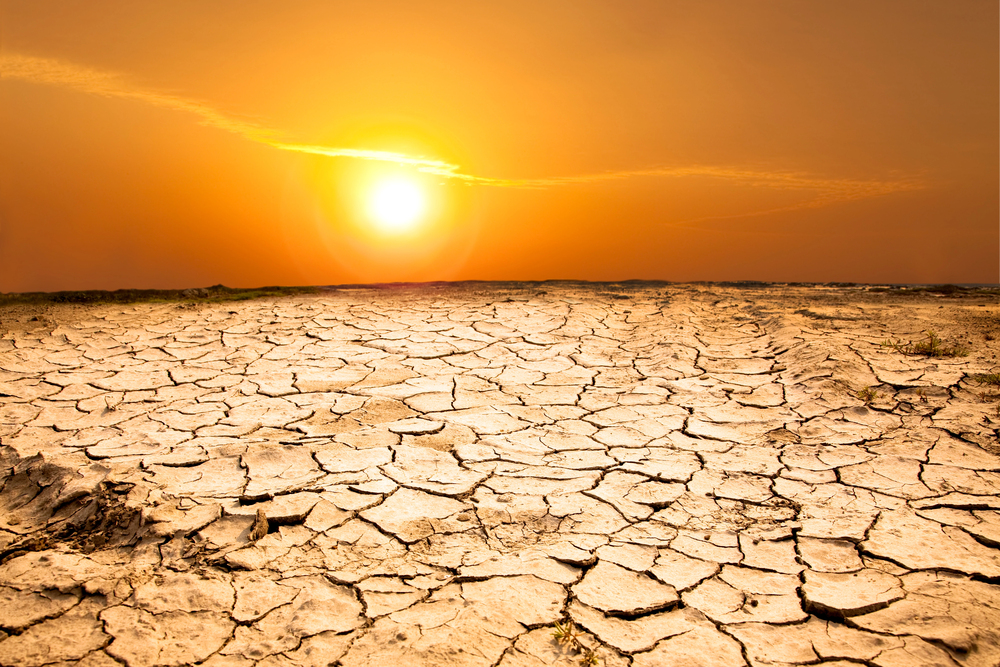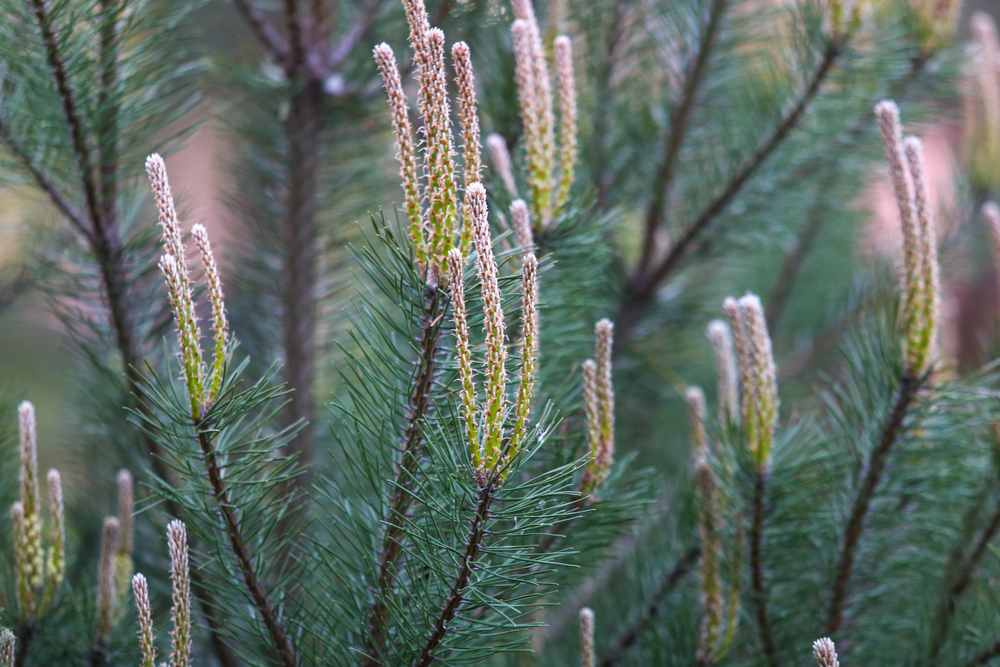
by Iliyah Maddox | Dec 19, 2024 | earth and environment
The Arctic’s climate is changing faster than almost anywhere else on Earth, but climate scientists are still uncertain how it is being affected by carbon-rich aerosols, released by fires thousands of kilometres to the south. Through their research, a team led by Dr Yvette Gramlich at Stockholm University in Sweden and the Paul Scherrer Institute in Switzerland has gained deeper insights into how these aerosols are impacting Earth’s northernmost reaches. Their work could help climate scientists to better predict how the Arctic’s climate will change in the future.

by Iliyah Maddox | Dec 12, 2024 | earth and environment, social and behavioural sciences
Humans aren’t the only species that use tools, many animals do. Our closest relatives, the great apes, have long been known for their intelligence and ability to manipulate objects in their environment. Among the great apes, orangutans stand out for their complex tool use, which may hold important clues about how early human technologies evolved. A recent Outlook article authored by Dr. Robert Shumaker and Dr. Christopher Martin, both of the Indianapolis Zoo, delves into the existing research into ways that orangutans use stone tools, exploring the cognitive processes behind this behavior and what it can tell us about human evolution.

by Iliyah Maddox | Dec 12, 2024 | business and economy, earth and environment
As global agriculture faces increasing challenges from climate change, soil degradation, and herbicide resistance, sustainable practices are becoming more crucial than ever. Among these practices, the use of cover crops, a technique that has been gaining traction for its multiple benefits, stands out. Dr. Kurt Vollmer and his colleagues at the University of Maryland and Rutgers University have delved into this area, focusing on the potential of spring-seeded grass cover crops in improving weed management and crop yields, specifically in cucurbit production. Their research sheds light on how integrating cover crops with traditional farming techniques can lead to more sustainable and productive agricultural systems.

by Iliyah Maddox | Nov 26, 2024 | earth and environment
Much of the world’s rainfall is triggered by the transport of moisture along corridors high up in the atmosphere. Through fresh analysis of historical climate data, Luis Gimeno-Sotelo and colleagues at the University of Vigo have shown for the first time how the causes of certain droughts can be directly linked with a lack of moisture being transported along these corridors. Their results could help climate scientists to better predict when and where droughts will occur in the future.

by Iliyah Maddox | Oct 16, 2024 | earth and environment, social and behavioural sciences
Over the next few decades, the Earth’s urban population is set to explode, with the large majority of growth happening in cities across the Global South. A team of researchers at the Universities of Kassel and Göttingen, led by Prof. Andreas Bürkert and Prof. Nikolaus Schareika, predicts that these changes will be widely characterized by a merging of rural and urban features: a concept defined as ‘rurbanity’ in a recent landmark publication authored by Dr. Ellen Hoffmann and colleagues. By studying this phenomenon closely, the team aims to support cities in the Global South in their efforts to better prepare for the challenges to come. The concept is comprehensive enough to allow researchers to also understand ongoing processes of change in more mature cities of the North, such as climate-smart and socially inclusive adaptations, through the lens of rurbanity.

by Iliyah Maddox | Oct 2, 2024 | earth and environment
Forests are more than just a collection of trees; they are dynamic ecosystems that depend on a variety of factors to thrive. One of the most crucial yet often overlooked components of these ecosystems is the soil. Far from being just a passive foundation, soil is an active, living system that plays a vital role in determining the health and productivity of forests. A recent study by emeritus Professor James Moore of the University of Idaho and his colleagues offers a deep dive into how the geological origins of soil influence its chemical properties, shedding light on the intricate relationships between soil, vegetation, and forest management in the Inland Northwest region of the United States.
Page 2 of 28«12345...1020...»Last »






